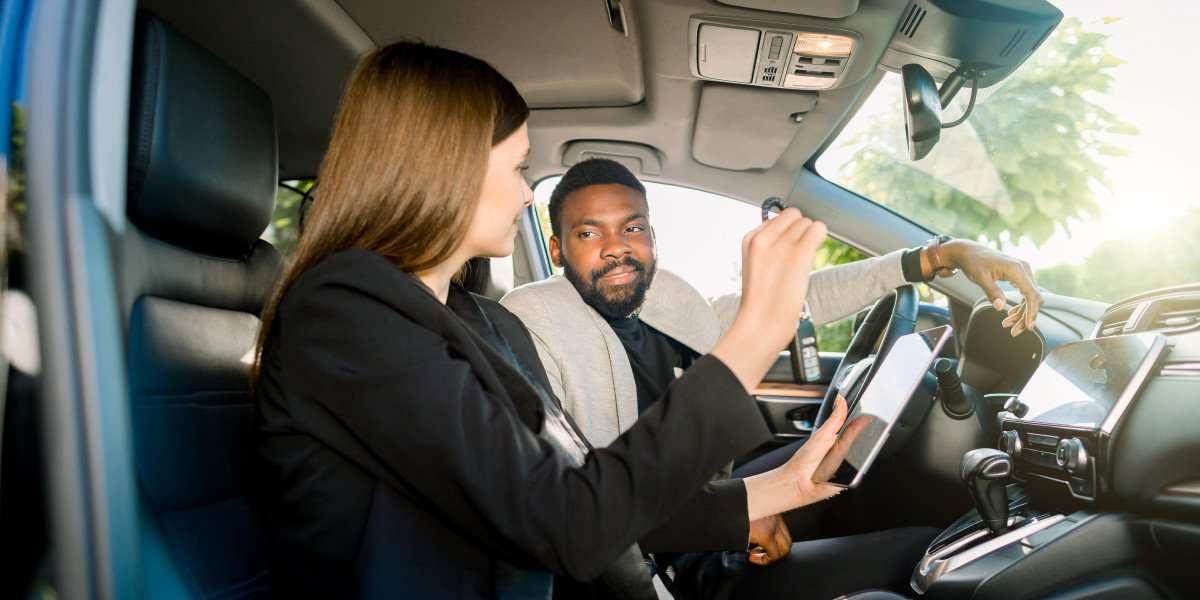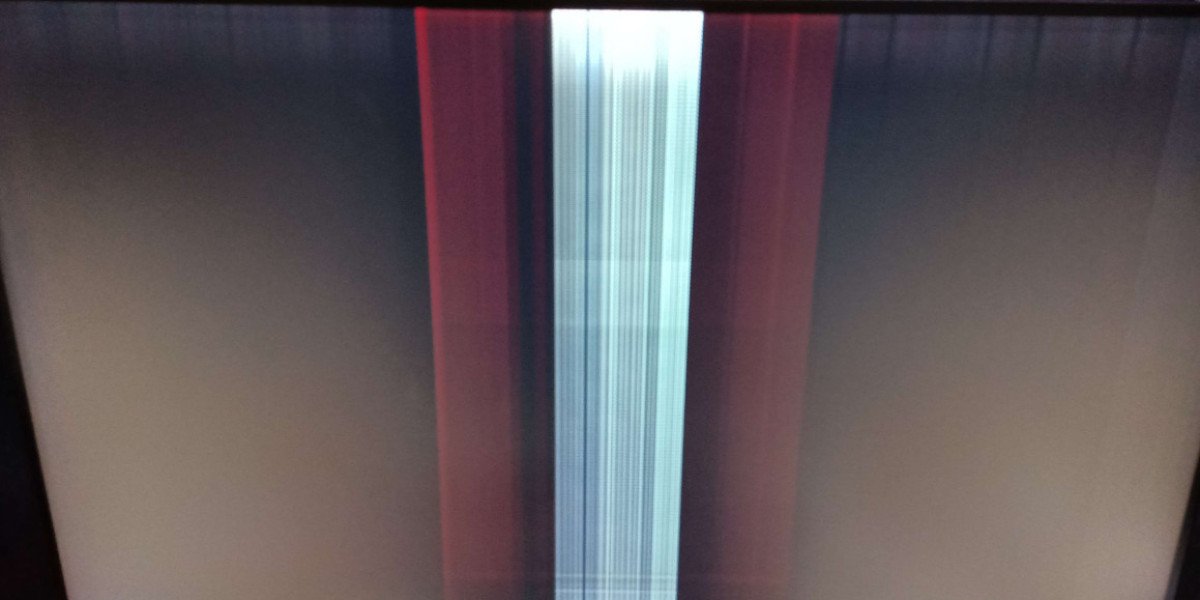Understanding the Licensing System in the UK: A Comprehensive Guide
The licensing system in the United Kingdom is a multifaceted framework designed to regulate numerous activities, from driving to running an organization. It is important for individuals and companies to browse this landscape efficiently, as licenses are typically needed to ensure security, compliance, and reasonable practice. This short article intends to provide an in-depth understanding of the licensing system in the UK, covering numerous kinds of licenses, the application procedure, and frequently asked concerns.
Types of Licenses in the UK
The UK licensing system incorporates a huge series of licenses, accommodating different sectors and activities. Below are a few of the most typical kinds of licenses:

1. Driving Licenses
- Full UK Driving License: Required for individuals to legally drive on public roads.
- Provisionary License: Allows students to drive under guidance while preparing for their driving test.
- Taxicab and Private Hire Licenses: Required for drivers of taxis and personal hire lorries to guarantee they satisfy security and professional standards.
2. Organization Licenses
- Alcohol and Entertainment Licenses: Required for facilities that offer alcohol or provide entertainment.
- Food Business Registration: Mandates any service that prepares or offers food to sign up with regional authorities.
- Environmental Permits: Needed for businesses that might impact the environment, such as garbage disposal and emissions.
3. Professional Licenses
- Medical Licenses: Necessary for physician to practice and provide health care services.
- Solicitor and Barrister Licenses: Required for attorneys to offer legal representation.
4. Other Licenses
- Event and Festival Licenses: Required for hosting events that might attract large crowds or position public safety risks.
- Drone and Aviation Licenses: Necessary for people or organizations utilizing drones for business functions.
The Application Process
Acquiring a license in the UK usually includes a methodical application procedure. While the specifics might differ based upon the type of license, the following general actions can offer a standard:
1. Determine the Required License:
Identify which license is needed for the designated activity. This may include speaking with main resources or regional authorities.
2. Gather Required Documentation:
Prepare all needed documents, which may include identification, proof of qualifications, or service details.
3. Submit the Application:
Complete the application kind-- this could be online or by means of postal service-- and submit it along with the required documentation.
4. Payment of Fees:
Most licenses feature associated charges, which should be paid upon application.
5. Await Processing and Inspection:
Authorities might review the application and conduct inspections where appropriate. Processing times can differ extensively.
6. Get the License:
Upon approval, the applicant will get their license, which may stand for a given duration, needing renewal thereafter.
Keeping Compliance
Licenses frequently come with particular obligations that must be adhered to in order to preserve compliance. Stopping working to fulfill these conditions can lead to charges, including fines or cancellation of the license. Here are some common requirements to think about:
Regular Renewals: Most licenses require periodic renewal. Monitoring expiration dates is essential.
Record Keeping: Many licenses demand extensive records, whether for financial information, customer interactions, or security audits.
Mandatory Training: Certain professions require ongoing expert advancement and training to remain compliant.
Frequently Asked Questions (FAQs)
1. How long does it take to get a Uk Driving License Service driving license?
The timeframe for acquiring a driving license can vary. For a provisionary license, processing typically takes about three weeks. A complete license might take numerous months depending on the waiting times for driving tests and other aspects.
2. What occurs if I drive without a valid license?
Driving without a valid license can lead to significant fines, points on your driving record, and possible criminal charges, which can cause a driving ban or jail time in extreme cases.
3. Can I make an application for several licenses all at once?
Yes, individuals can make an application for numerous licenses concurrently; nevertheless, each application will be examined separately based upon its requirements and compliance regulations.
4. Exist any exemptions to licensing requirements?
Specific activities may have exemptions; for example, volunteer drivers may not require a taxi license under specific conditions. It is best to consult local regulations or legal advice.
5. What should I do if my license is lost or taken?
If a license is lost or taken, it must be reported to the relevant authorities at the earliest chance. Applicants can then look for a replacement through the suitable channels.
Navigating the UK licensing system is important for anyone wishing to take part in activities that require legal operation, from driving a car to running a company. Comprehending the various licenses available, the application processes, and compliance obligations can help individuals and businesses alike in accomplishing their objectives while adhering to legal requirements. Whether looking for a driving license or a service authorization, it is essential to remain informed about the continuous changes in regulations and requirements.






